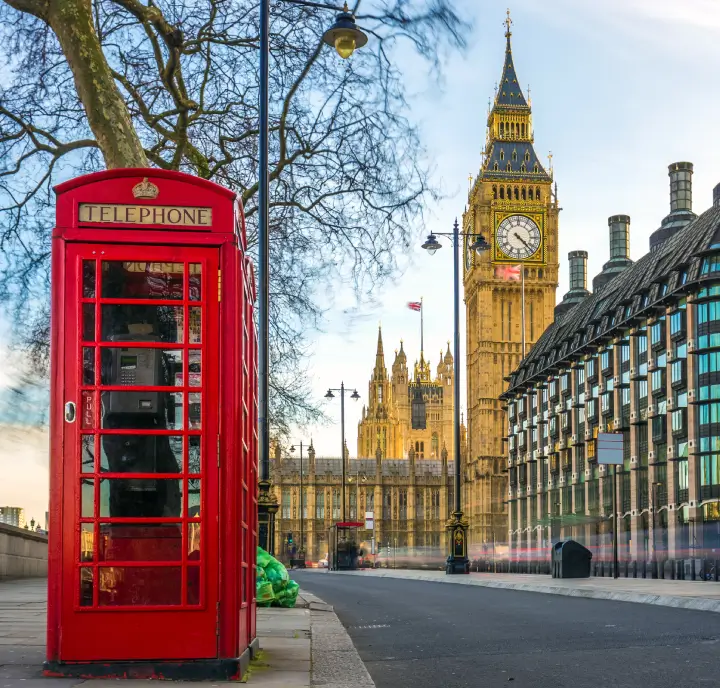Mediation is not for everybody, but it is a good option for many. It is important that both parties feel safe and supported during mediation. Therefore, before a mediation starts the mediator will assess whether there are any safety concerns and whether the couple and their issues are suitable for mediation.
Both parties need to be willing to attend mediation as it is a completely voluntary process. This means that anyone who attends mediation is there under their own steam and that is a great positive for the success of the process. (Find out more about the mediation process).
The schedule for meetings is set at the parties’ convenience and an agenda is prepared before each meeting to ensure, in so far as is possible, matters important to both parties, and issues that are immediate as well as long term are looked at.
All discussions in the mediation are private and can only be referred to outside the mediation if both parties agree. Financial disclosure is treated differently and it is always possible to refer to financial matters outside the mediation room. When both parties know discussions are private this lends itself to a full and frank sharing of ideas, aspirations and concerns. This can pave the way for an agreement to be reached.
The mediator is neutral. (S)he most certainly does not give legal advice, so neither party is left feeling that the mediator is on the other party’s side. Parties are encouraged to seek legal advice during the course of the mediation.
The mediator will explore with the parties what is important to them. Decision making is in the hands of the couple. The range of solutions is more far reaching and flexible than what is on offer in court.
At the end of a successful mediation the mediator will draw up a memorandum of understanding recording where the couple have got to. The parties are then invited to seek legal advice on the memorandum. The next step is that the lawyers prepare a consent order and send this to the court.
Many couples successfully resolve issues through mediation and find that this stands them in good stead for future communication especially where there are children.
If you would like more information on mediation, do contact Margaret Kelly at [email protected] or on 020 3709 8983
Monday - Friday: 9:30am - 5:30pm









